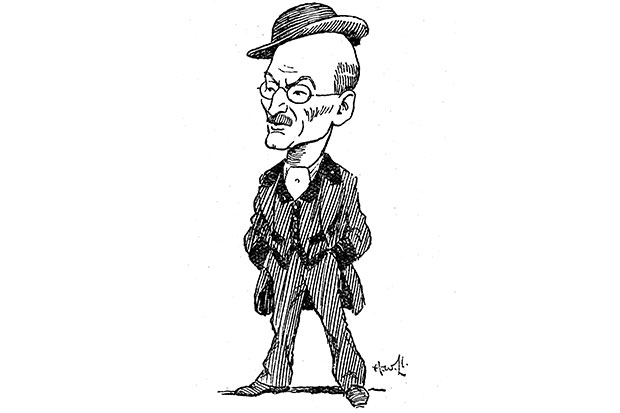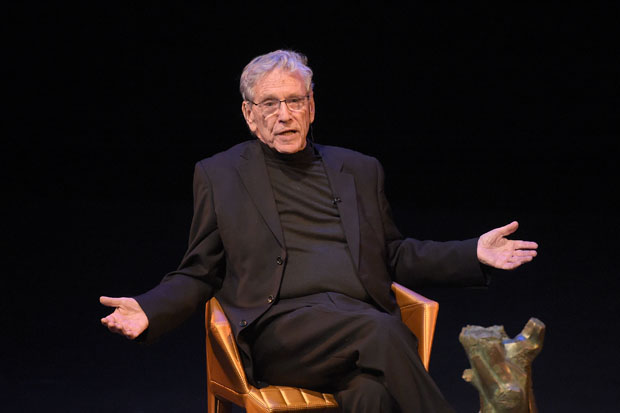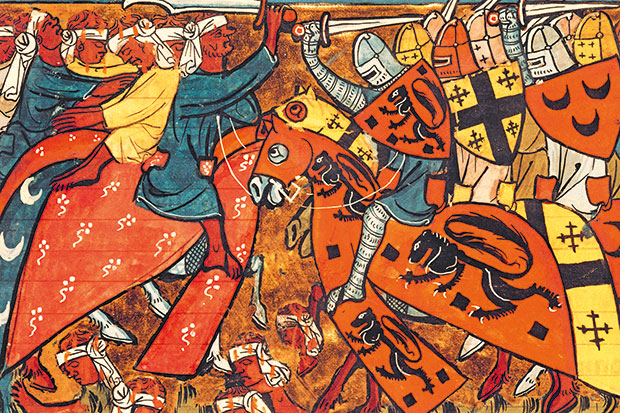The Good Immigrant, a collection of essays about black and ethnic minority experience and identity in Britain today, is inconsistent, infuriating, uncomfortable and just occasionally insulting. It is also right to be every one of those things, and highly recommended.
Its editor, Nikesh Shukla, was prompted to compile the book by an online comment on a Guardian article; but what really prompted it, of course, wasn’t just one commenter’s assumption but the society that the comment epitomises: a society in which immigrants are welcome, but only under certain conditions. That they are the right kind of immigrant, that minorities dutifully and above all gratefully play the role assigned to them. And that any attempt to assert their presence in any other way is met with hostility, implied or otherwise.
What the 21 varied contributors have in common is some identification with an immigrant narrative, and the un-resolutions this brings with it, even after (in some cases) several generations. Some struggle with a pressure to find a ‘neat’ way to define themselves (that’s Vera Chok’s word); most struggle with other people’s definitions of them. What can a name tell you about an identity? Skin colour, features, hair, all these external things can be the triggers for these definitions — they certainly trump citizenship, let alone individual personality — and assumptions (or insults) based on surface appearance cut deep. In a drama workshop, Miss L is told her ideal part is ‘the wife of a terrorist’.
Many of these essays are very personal, painted on a tiny, individual canvas. One of the many highlights is Coco Khan’s ‘Flags’, whose thoughts are triggered by a single, apparently shocking morning-after revelation. But running through them are the bigger questions about belonging, about appropriation, about identity. About cultural hybridity, too: does being mixed-race mean you’re neither one nor the other, or both? As an immigrant can you be bi-cultural, or will you inevitably be condemned to be neither? Reading through these 21 pieces, well… it really depends who you ask.
The Good Immigrant’s inconsistency is important. One contributor dismantles the vague, misleading meaninglessness of the designation ‘East Asian’, while another uses it, uncomplicatedly and unquestioningly, to describe herself. Each person’s definition of what it means to be an immigrant would exclude some of the others. But the problem here is not the inconsistency, for why on earth should we expect otherwise? As Varaidzo shows in her ‘Guide to Being Black’, of course there’s no one single black identity, there’s not one immigrant experience, one way of being Chinese — or, for that matter, British — the problem is precisely with those who think that there is, or that there should be. ‘Standardisation is the backbone of the Empire, after all,’ writes Chimene Suleyman.
In embodying different ways of identifying oneself or expressing oneself, different instincts for what to protest or celebrate, the book is as much as anything a powerful argument against generalising. I found my hackles rising each time an assumption was made about me — perhaps in a simplification of what ‘white people’ think, say — which is a useful feeling. Being on the sharp end of these frustrations is itself more than a little salutary.
So how to generalise, as reviews must, when what we’re presented with is so often personal, so often experiential, when everything about this book resists Vera Chok’s ‘neatness’? The voices vary. The interpretations do, too. Perhaps all these pieces have in common are the questions they ask, and an urgent awareness of the need to ask them. There’s humour, and insight here, there’s sometimes optimism (though if good things are happening, ‘it is just taking way too long’, says Salena Godden). There’s a quite contagious anger, but there’s also a pervasive weariness.
Bim Adewunmi ends her excellent essay on tokenism and her experience of representation in popular culture with the simple, ‘It’s so tiring.’ And: ‘Here’s the truth of the matter,’ says Musa Okwonga. ‘I find racism boring.’ Many of us would agree — but then, many of us can afford to. And it’s precisely those of us who can afford not to mind very much, those who might at first think this book is not about us, who should read it.
The post Who you think you are appeared first on The Spectator.
Got something to add? Join the discussion and comment below.
Get 10 issues for just $10
Subscribe to The Spectator Australia today for the next 10 magazine issues, plus full online access, for just $10.
You might disagree with half of it, but you’ll enjoy reading all of it. Try your first month for free, then just $2 a week for the remainder of your first year.













Comments
Don't miss out
Join the conversation with other Spectator Australia readers. Subscribe to leave a comment.
SUBSCRIBEAlready a subscriber? Log in